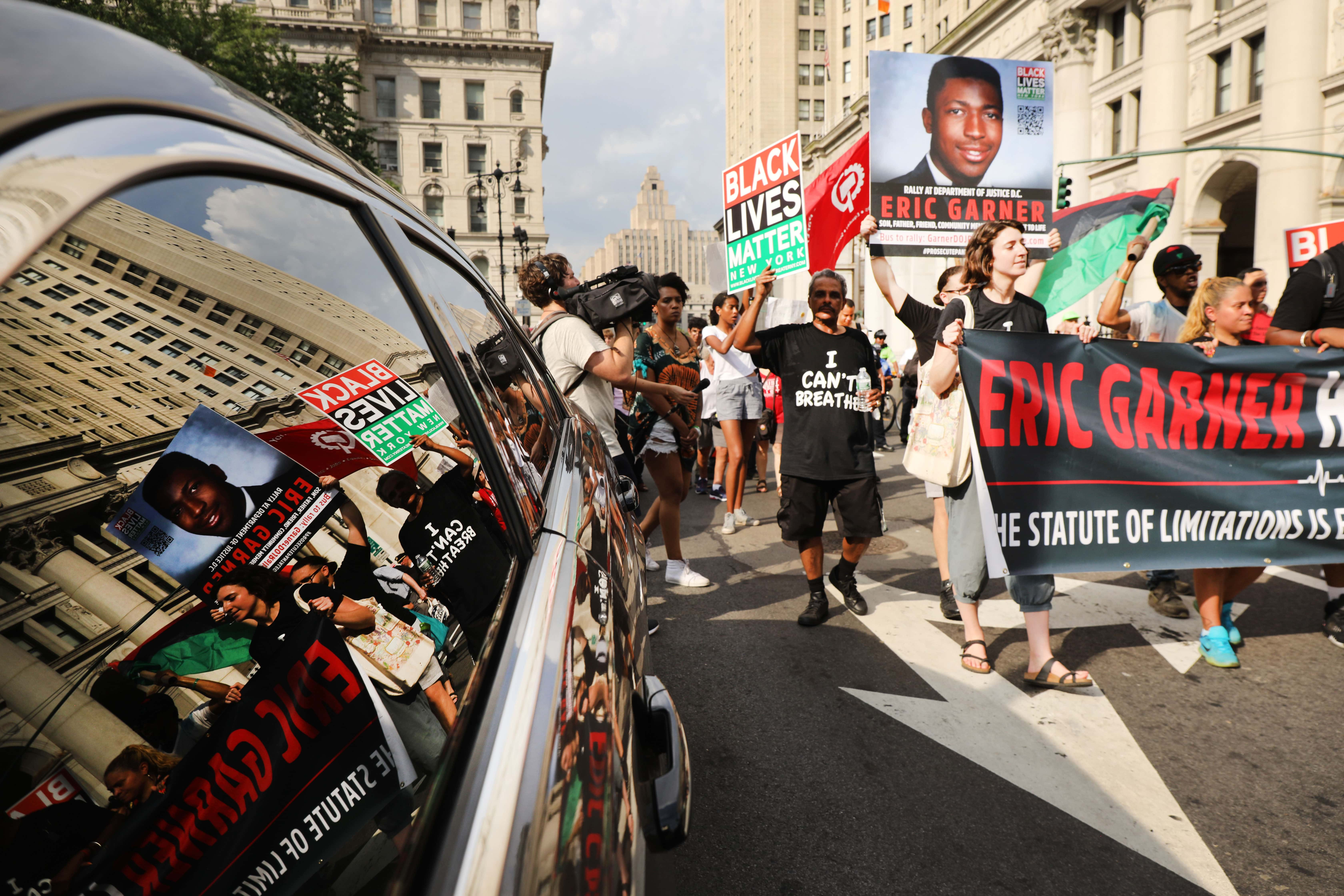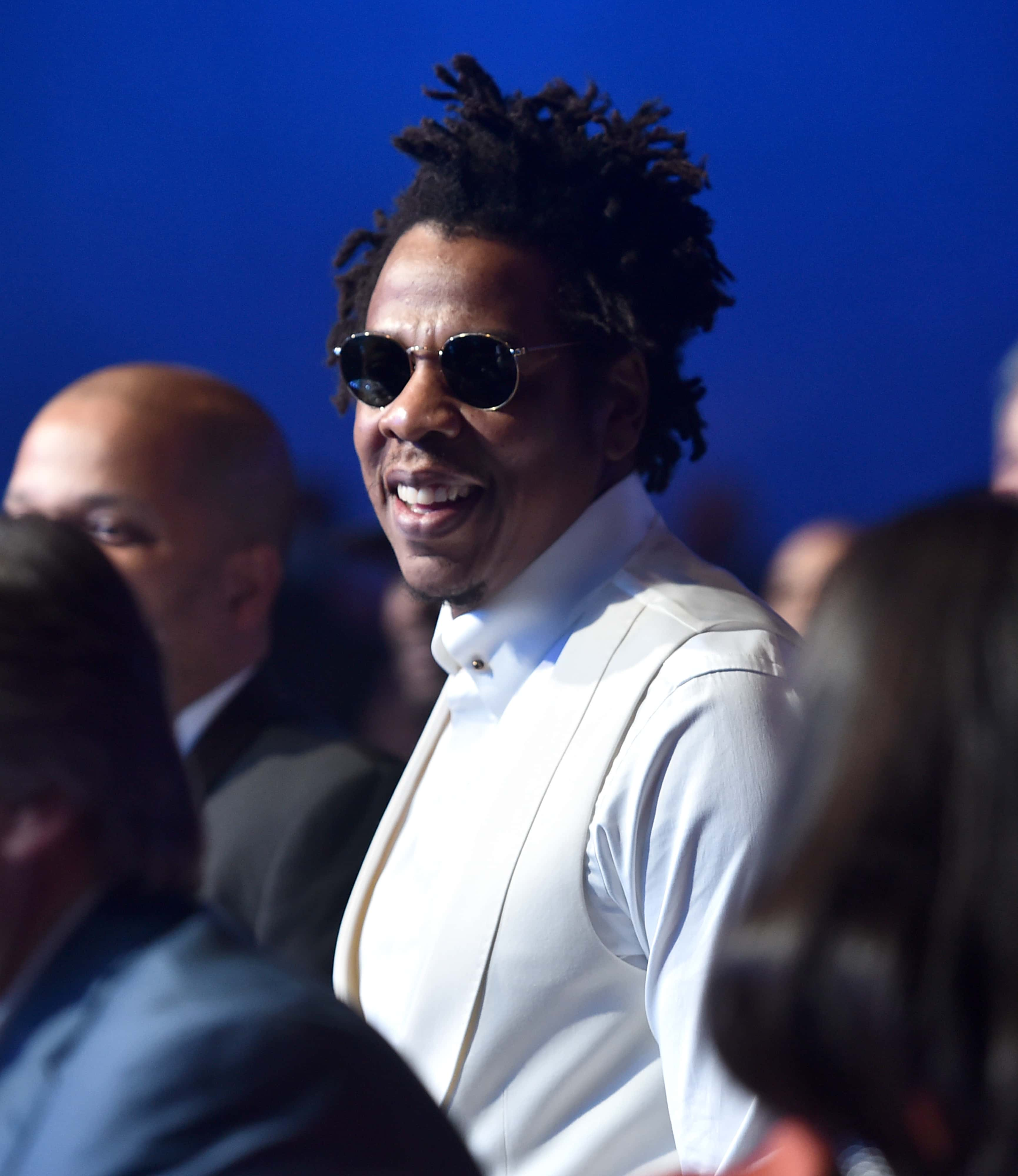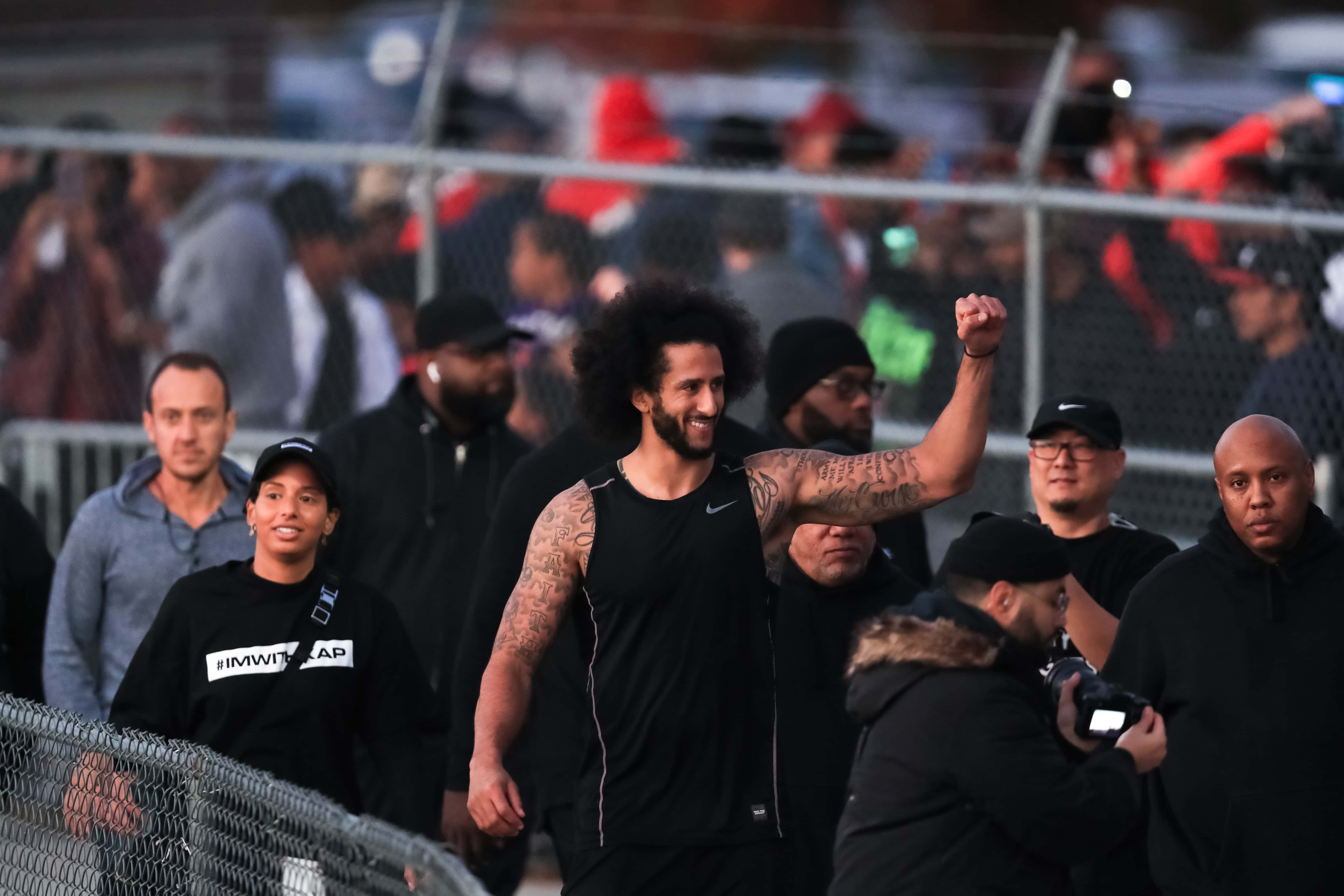Jay-Z, Colin Kaepernick and protests: Is there a right way to stand up against perceived crimes of the state?

Over three years ago, footballer Colin Kaepernick took a knee during the national anthem to protest police brutality against black people in the US. The move garnered praise from people all over the world, including supporters of the Black Lives Matter movement and black artists like Jay-Z, but it also got the quarterback a significant amount of criticism from Americans who saw his protest as a sign of disrespect towards the flag and to the country's veterans.
Veterans, for their part, have come out in support of Kaepernick's right to protest. That is, after all, what they fought for in the first place, a democratic nation where people have the freedom to choose and to voice their opinions and grievances. The 'land of the free and the brave', as they say.

But years after his protest began, Kaepernick's career has taken some serious hits as he claims major organizations have blackballed him, and his supporters, including Jay-Z whose agency 'Roc Nation' signed on with the NFL as part of their 'Inspire Change' campaign, have moved on to trying different forms of affecting change.
Despite many, including fellow artists like Rihanna, seeing the rapper's partnership with the NFL as a 'betrayal' of the cause, Jay-Z himself saw this as progress.
Speaking about his choice, the rapper said while he continued to support the protest and Kaepernick, he did not see it as being enough, saying "I would understand if it was three months ago. But it was three years ago and someone needs to say, 'What do we do now — because people are still dying?"

And yet, Jay-Z, Beyonce and daughter Blue Ivy chose to sit down during Demi Lovato's rendition of the national anthem at the Super Bowl. And Kaepernick wasn't having it. He took to Instagram a day after the incident to say, "I thought we were 'past kneeling' tho?" in a clear jab at Jay-Z for doing what most call 'playing both sides'.
But despite their differences, they both appear to have the same goal: to fight against systemic and systematic oppression against black people in America. And, just as Jay-Z says, what differs might just be their tactic.
But that begs the question: Is there a 'right' way to protest? Does a protest have to have an immediate, visible impact to be considered successful? Or does the effect of a protest as simple as kneeling carry just as much weight and importance?

Kaepernick's choice to kneel sparked a conversation that has not died down, not even three years later. Perhaps, despite being extremely subtle, the effects of Kapernick's protest are far greater than what supporters like Jay-Z seem to notice. And perhaps Jay-Z's method of fighting back is an extension of the very conversation that Kaepernick started.










